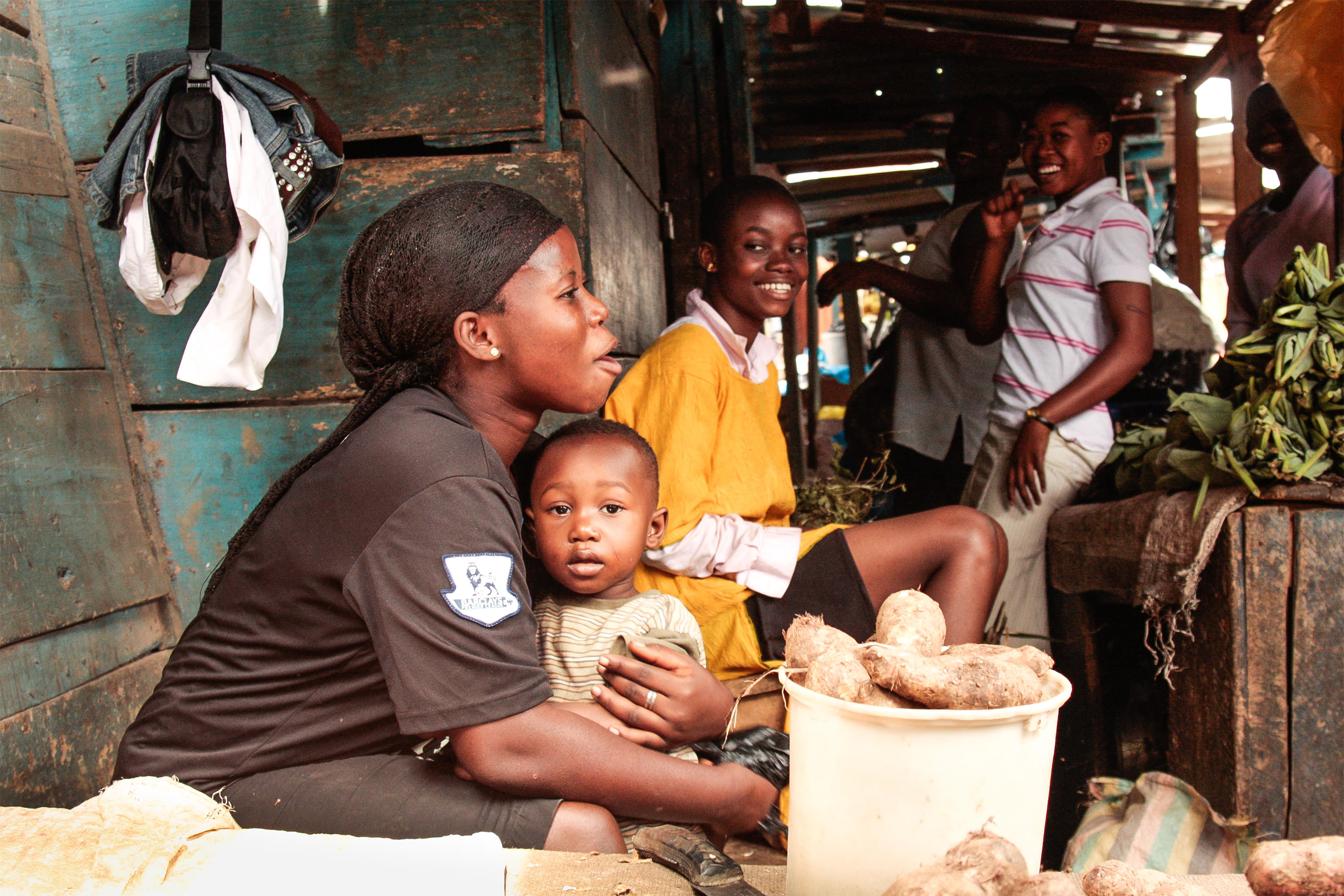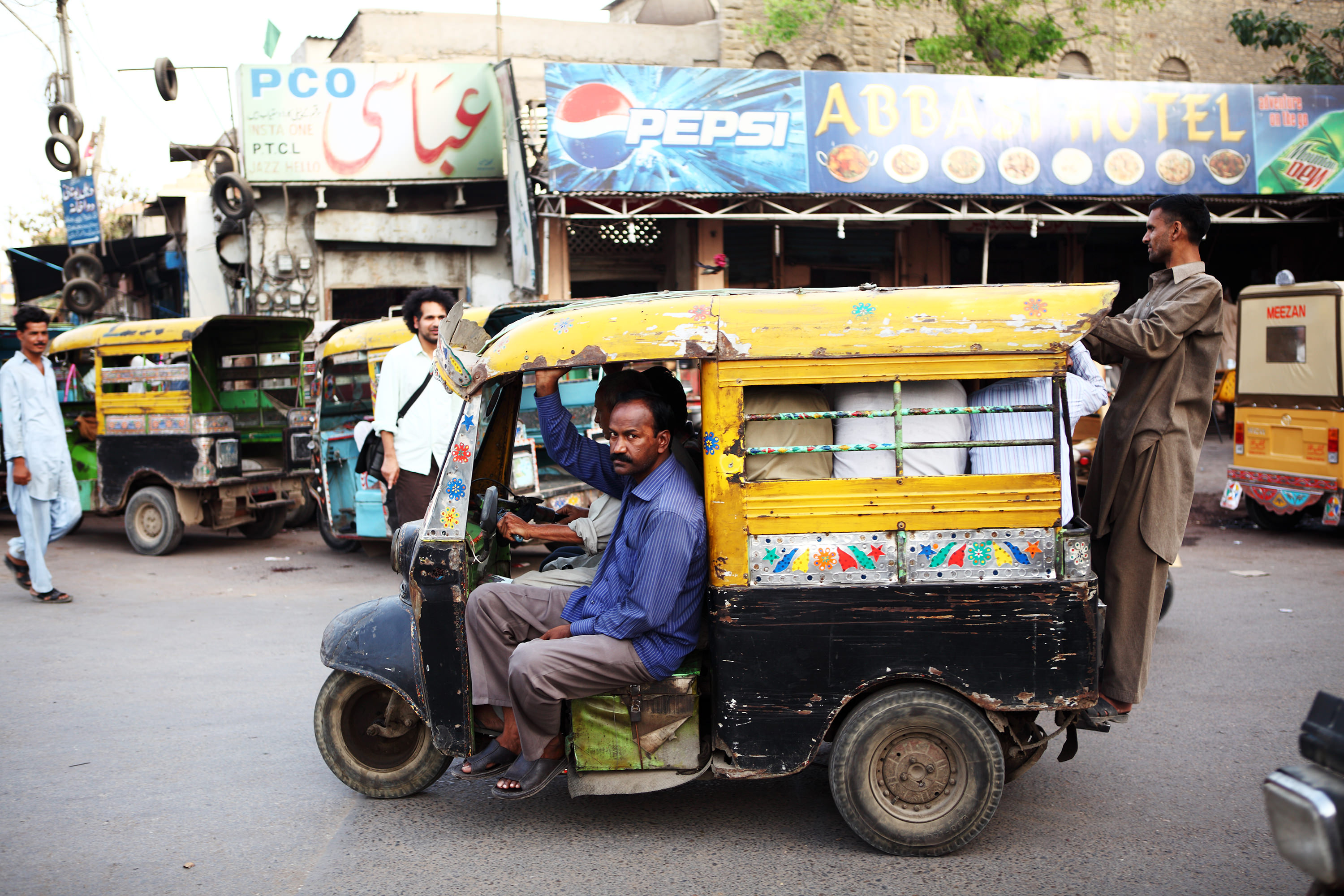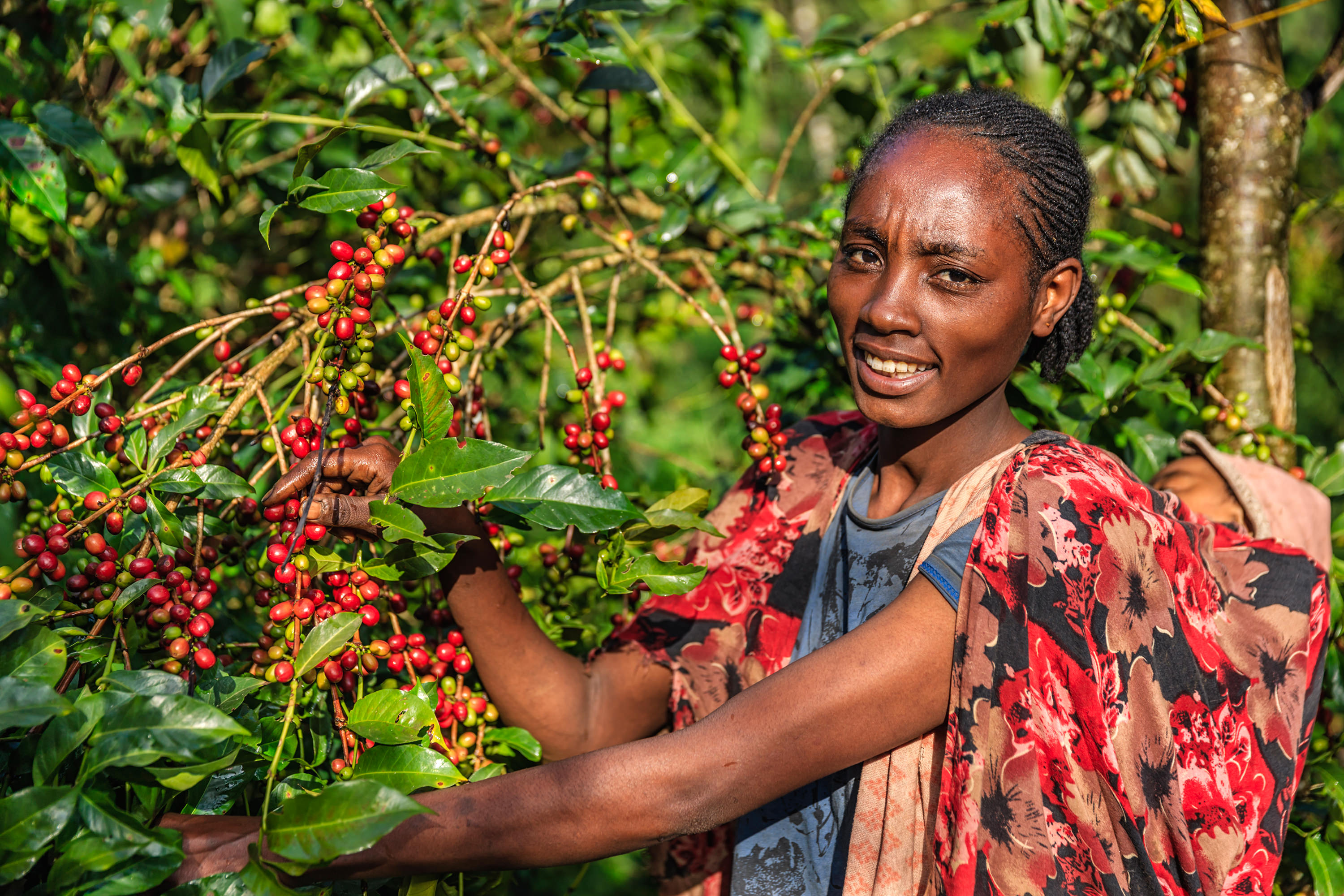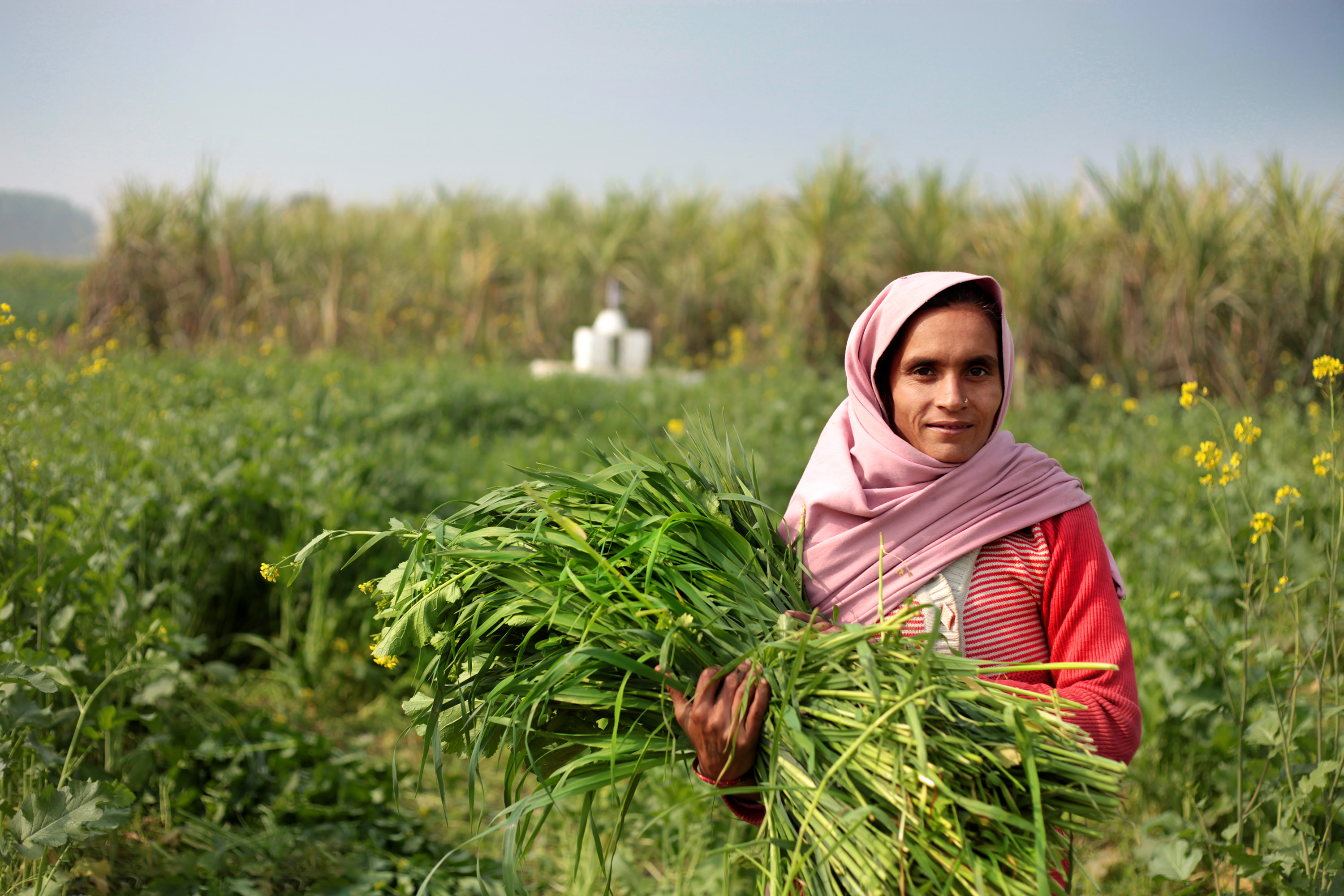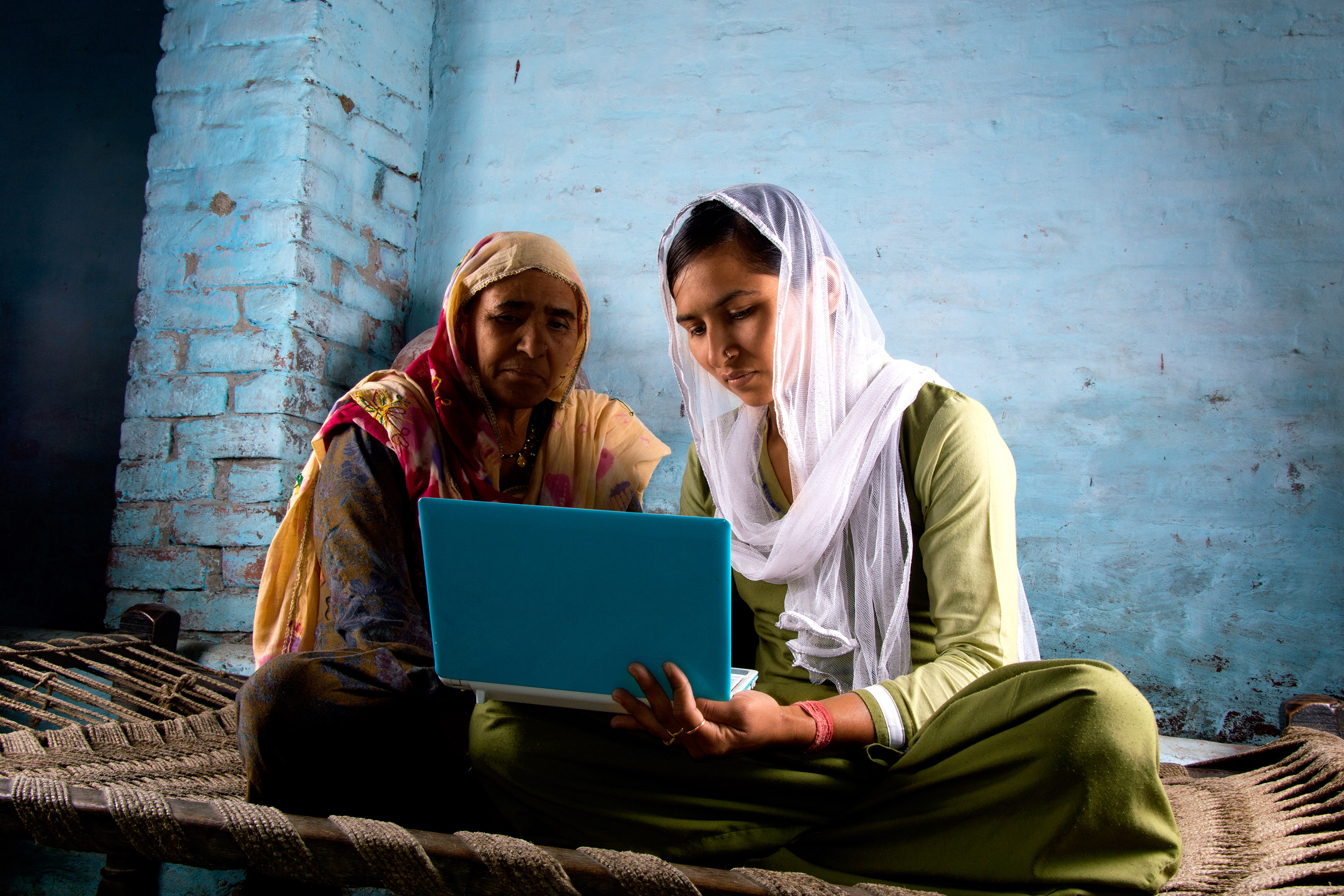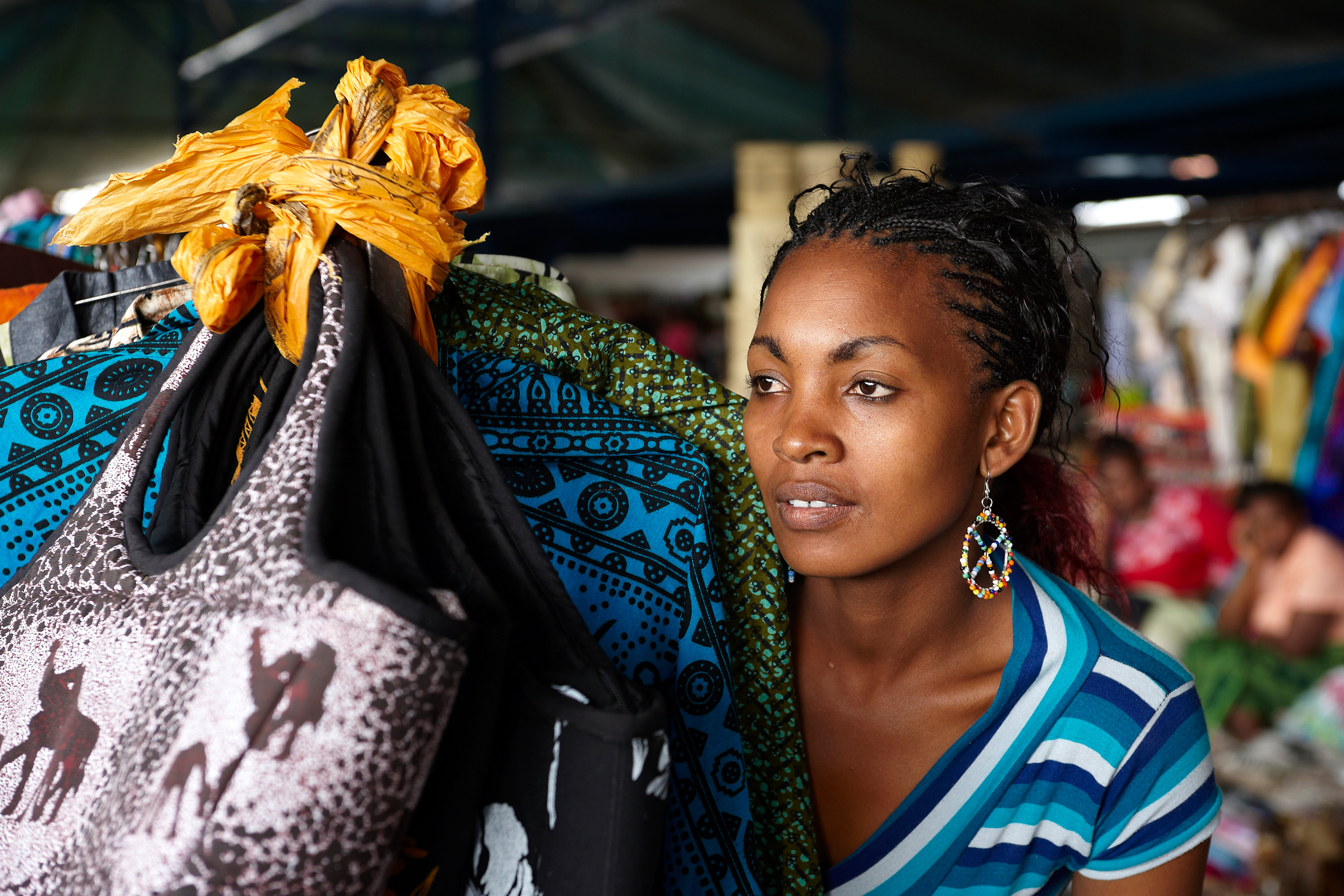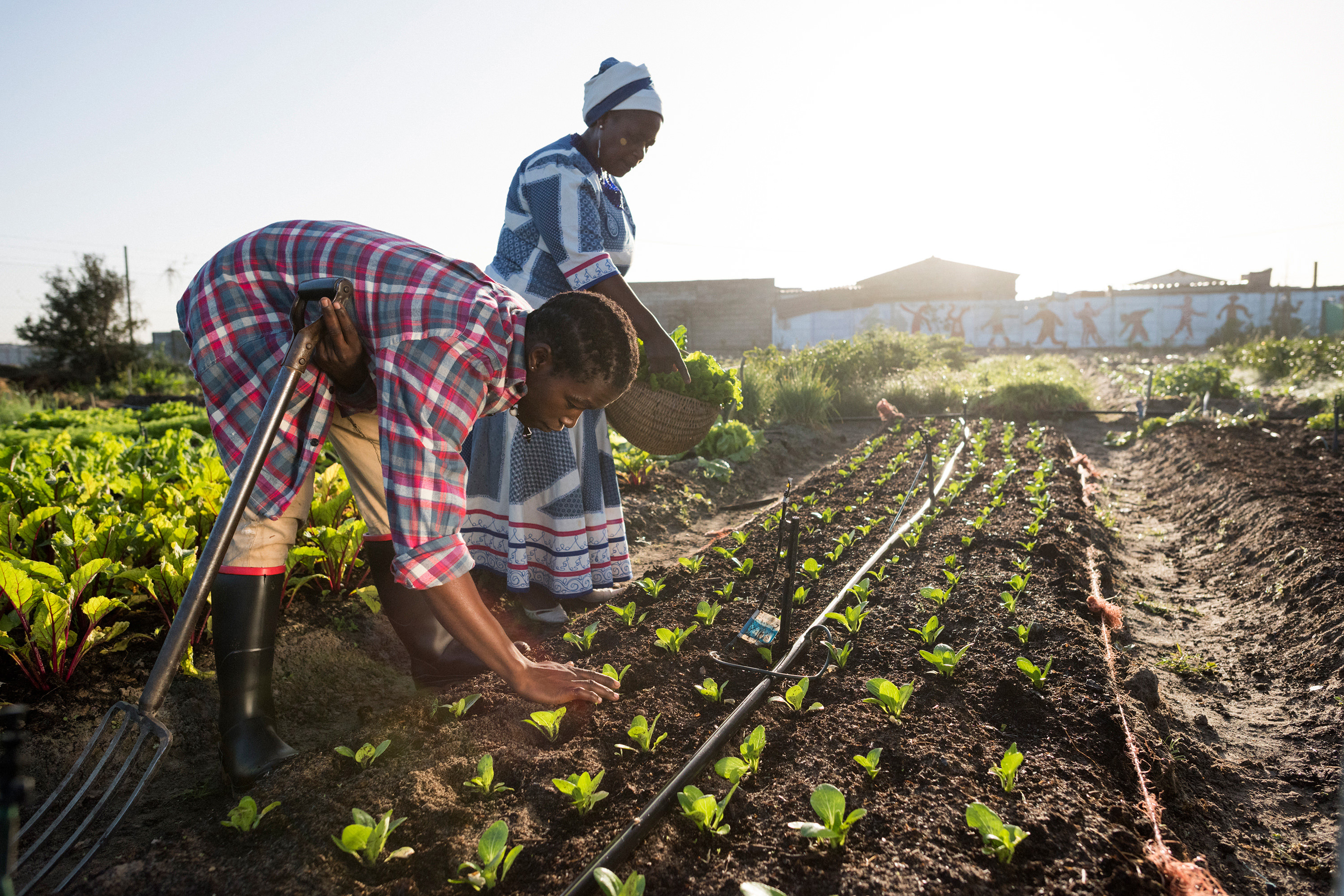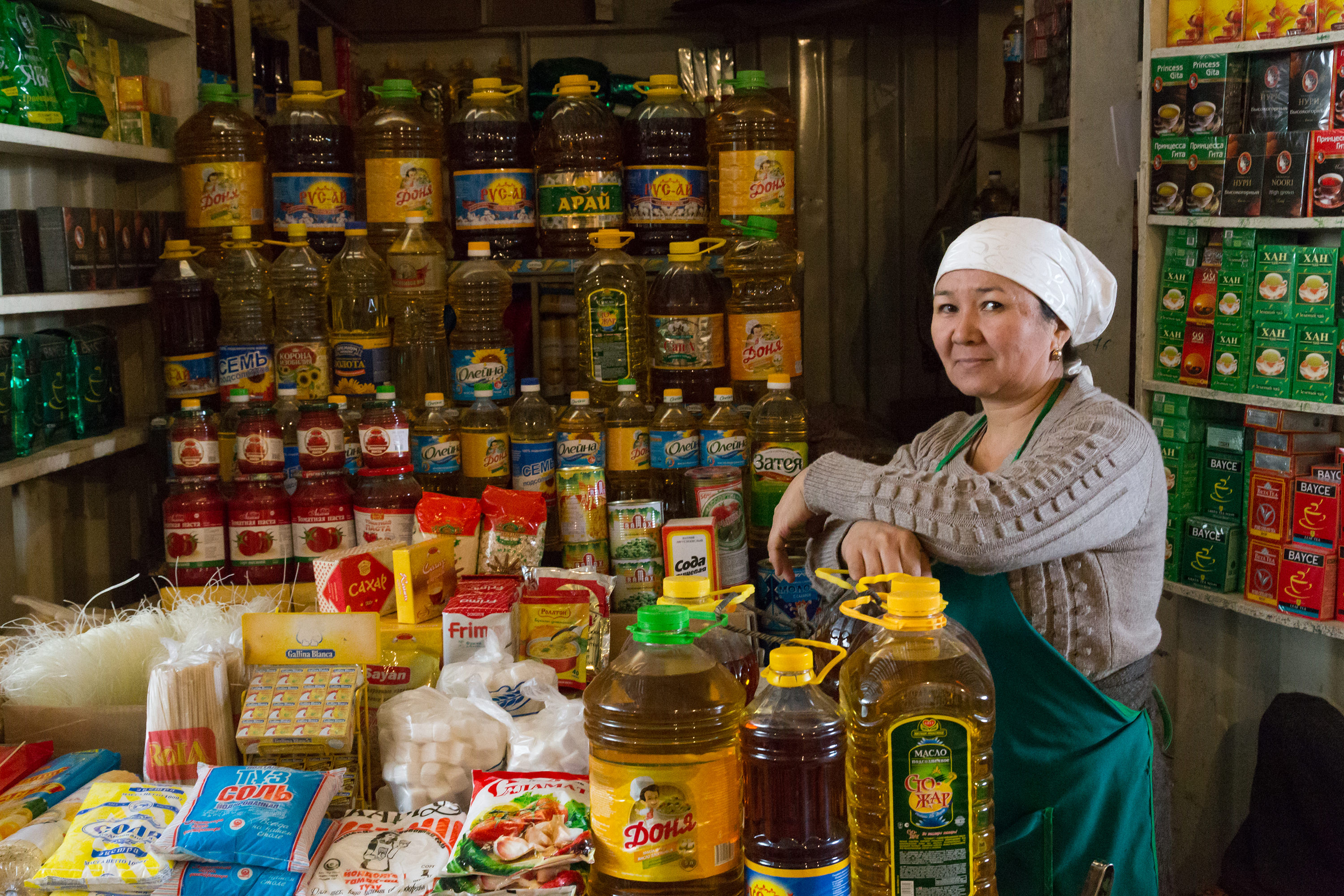Differential earnings, household division of labour and Fertility Choices: An Application of the “Doing Gender” Hypothesis in Ghana
The project aims to examine the evidence for the “Doing Gender” hypothesis in Ghana. We examine whether greater earnings by Ghanaian women is associated with increased household bargaining power, proxied by the division of housework between a...
